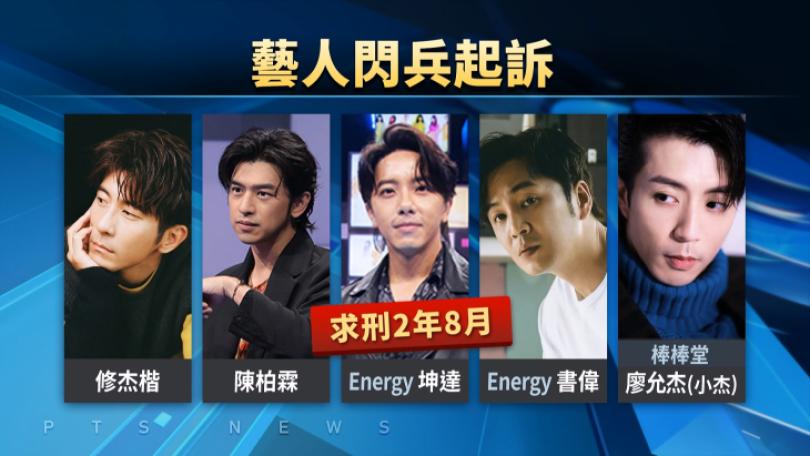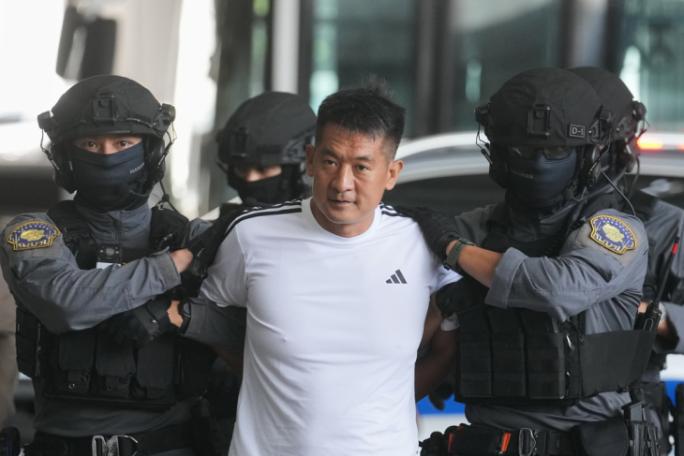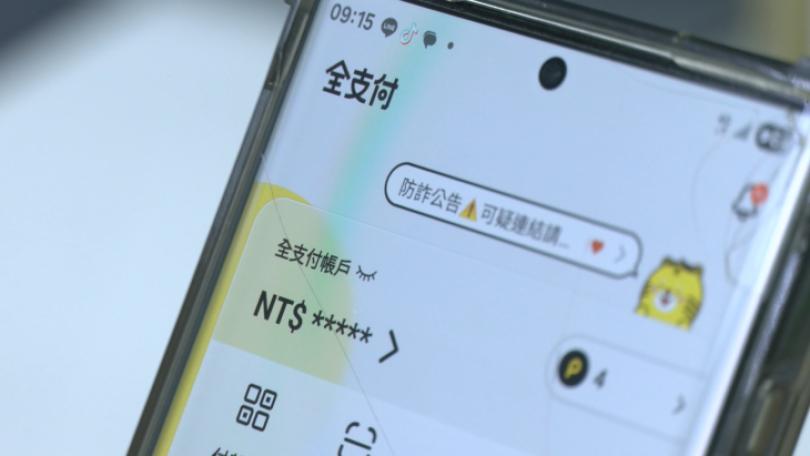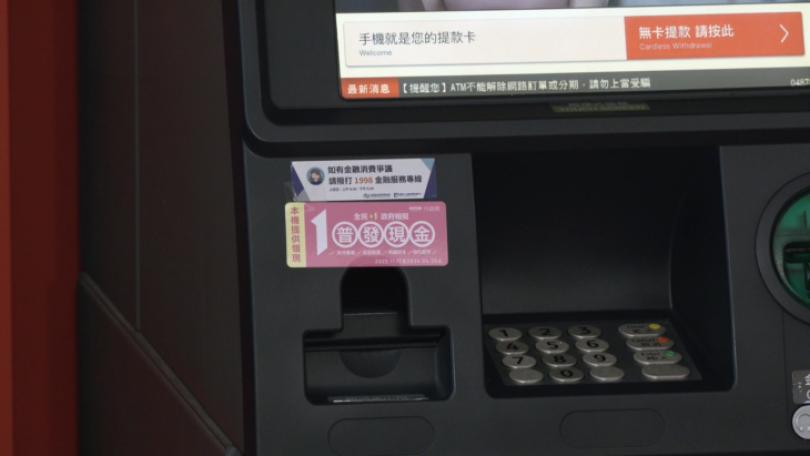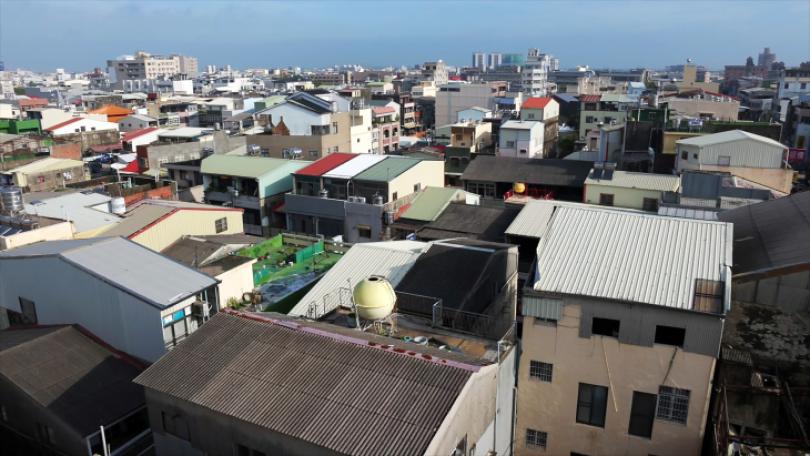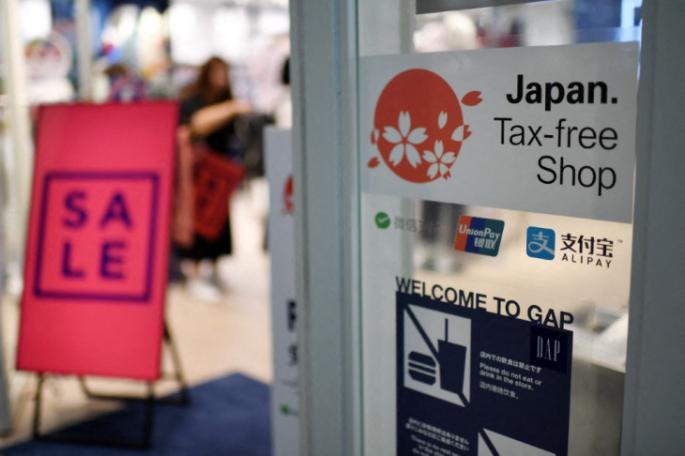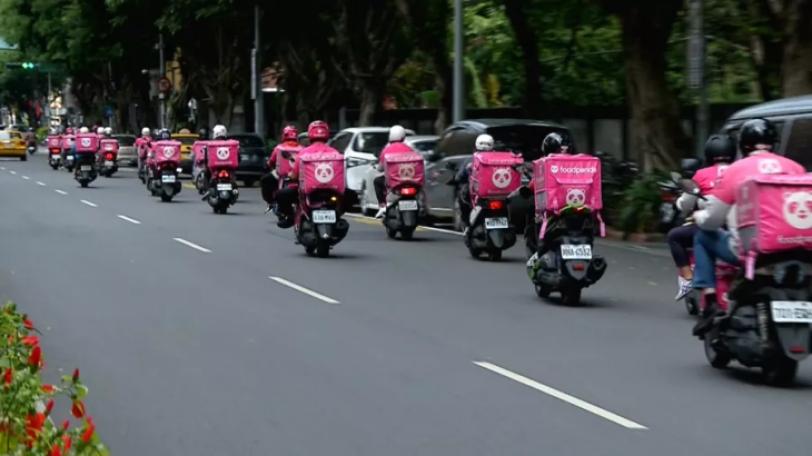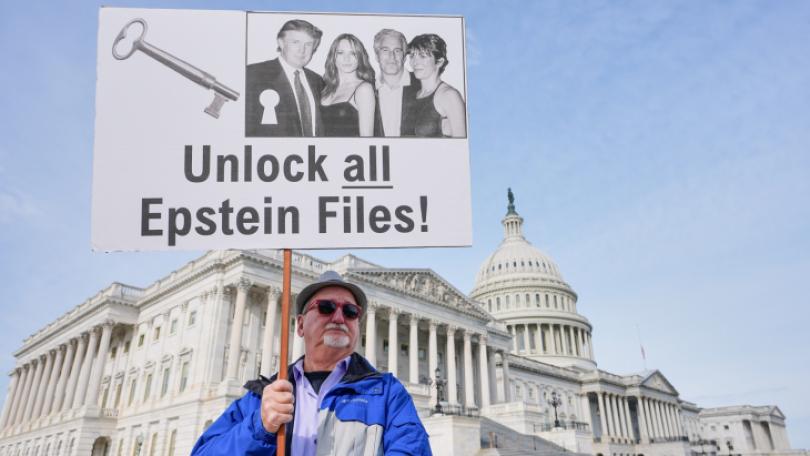Union Calls for Action Against 'Double-salary' Teachers 國立院校教授.官員 退休轉私校領雙薪
The Taiwan Higher Education Union says there are close to 600 retired public school teachers or civil servants that are now working at private schools or serving as independent board members of listed companies, and that this negatively affects the higher education environment and system.
Chen Po-chien, Researcher, Taiwan Higher Education Union: “This one individual is teaching at 17 schools.”
According to the Taiwan Higher Education Union, there are a number of former Ministry of Education officials currently teaching at multiple private schools or sitting on the board of listed companies.
Chen Po-chien, Researcher, Taiwan Higher Education Union: “(The point) isn't how much money they are earning, but rather that they are using their former status to help these schools. It's unfair and unjust.”
Wu Ching-ji, Former Education Minister: “The presidents of seven education universities are volunteers. Every year, I help them raise tens of millions (for disadvantaged students). Board seats at private schools are a developmental bottleneck in school affairs. They hope our professional experience and expertise can help them. We are not compensated. I have received a salary only from Tamkang University. All my other teacher positions were unpaid.”
Former Education Minister Wu Ching-ji, who was named by the union, says he has only been compensated at one school and the rest of his positions were all unpaid positions. He says he also volunteers at civic education associations to promote education. The union says it's not about how much money former Ministry of Education officials are earning as teachers, but rather that they may help school boards escape supervision. This in turn would affect teacher and student rights.
Hermes Huang, Sociology Professor, NCCU: “If there are a lot of teachers like this, they are in fact stealing jobs from the next generation of university teachers.”
Chou Ping, Chair, Taiwan Higher Education Union: “We ask the Ministry of Education to stop this revolving door immediately and to take retroactive action.”
The union is calling on the ministry to ban all former personnel who served as deputy section chief or above from accepting teaching positions, paid or unpaid, at private schools after leaving the ministry or retiring.
高教工會研究員陳柏謙說:「他一個人可以跨足17個學校。」
退休後的生活,比沒退休還忙。高教工會整理了領取退休金,又身兼私校專任教師的「雙薪教授」資料,發現有教育部高階主管退休後,擔任多所私校的講座教授、董事,還有上市公司獨立董事等職務,可以說是「分身有術」。
高教工會研究員陳柏謙表示:「(重點)並不在他帳面上領了多少錢,而是他用他前官的身分,幫這間學校不公平、不正義的,到底喬了什麼事情。」
前教育部長吳清基回應:「所教育大學總校長都是義務職,每一年,我還幫它籌募了將近上千萬的錢(弱勢族群教育),私校的董事是(學校)碰到校務發展的瓶頸,請求我們用教育的經驗跟專業去協助它,也是沒有支領任何待遇,除了淡江大學我有支領待遇,其他的講座教授都是沒有任何酬勞。」
被點名的前教育部長吳清基澄清,除了淡江大學有薪資之外,其他學校的講座教授、台灣教育大學系統總校長,都屬於義務職,自己還在民間的教育協會服務,希望協助教育推廣。高教工會指出,教育部高階主管離職後轉任私校,要擔心的不是收入多少,而是有可能變成私校「門神」,協助董事會規避監督,甚至影響教職員和學生權益。
政大社會系教授黃厚銘表示:「如果有過多的這樣的老師,的確就是在搶走年輕世代在大學裡面任教的機會。」
高教工會理事長周平則說:「工會要求教育部,立即制定最嚴厲之旋轉門條款,並且應該溯及既往。」
高教工會呼籲教育部,讓擔任過副司長以上層級的官員,在退休、離職後,不得到私校擔任有給職及名義上的無給職職務。而截至截稿時間,教育部尚未做出回應。

